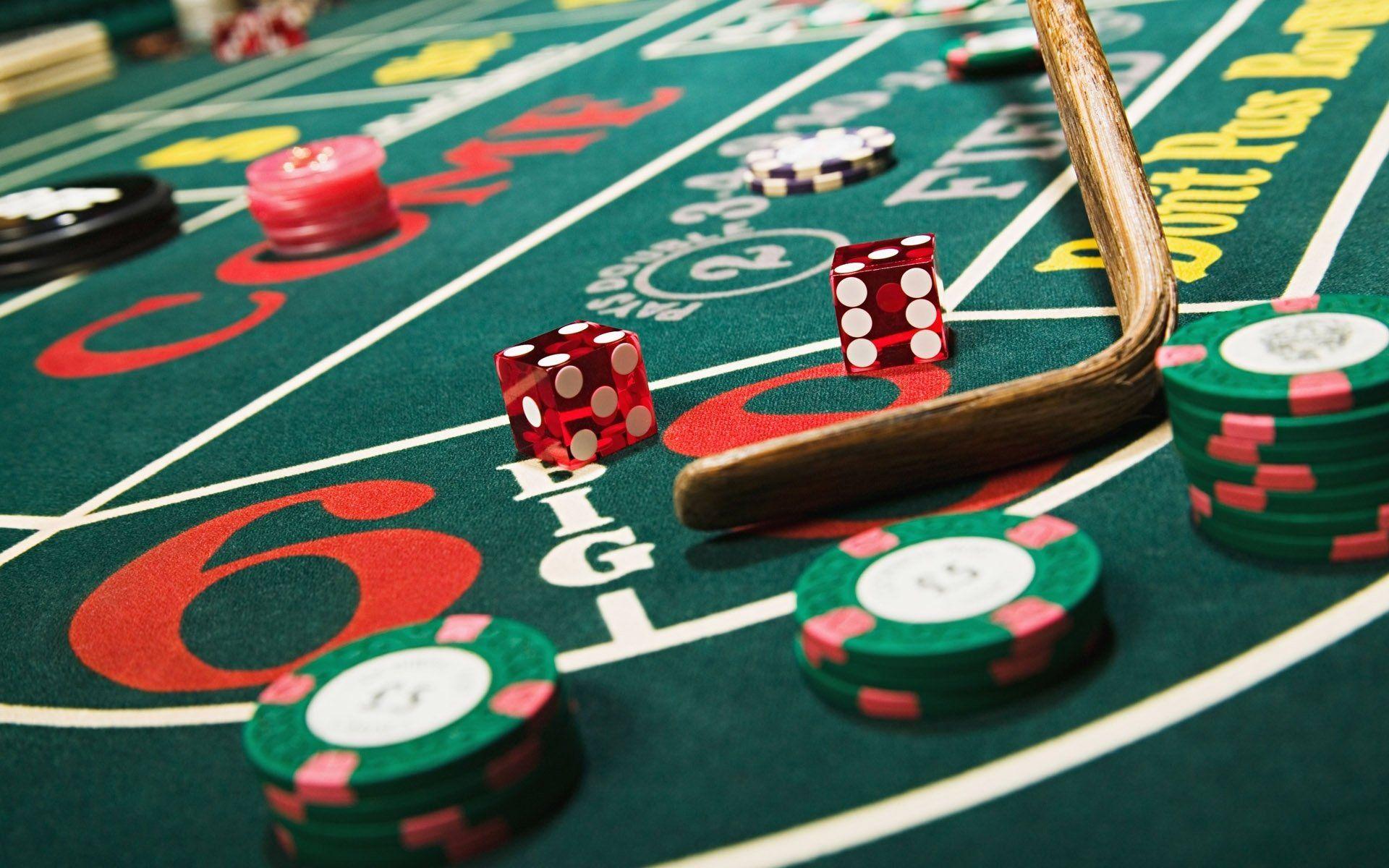
In the world of gambling, where chance and strategy converge, a unique tapestry of beliefs manifests—one that intertwines luck, fate, and the enigmatic nature of casino games. Casinos, bustling with excitement and anticipation, are not just places for placing bets; they are also arenas in which superstitions thrive. Ranging from the novice player to the seasoned gambler, these mysterious practices often shape how individuals approach the games they play, holding the belief that their actions can impact the outcome in ways that go beyond mere probability.
When players gather around roulette wheels, blackjack tables, and slot machines, the atmosphere is thick with stories of lucky charms, rituals, and codified behavior that defy logic yet provide a sense of comfort. Whether it’s wearing a specific outfit, following a particular sequence of bets, or even avoiding certain numbers, the attachment to various superstitions reflects a deep-rooted desire to manipulate the uncontrollable. This article delves into the captivating world of casino game superstitions, exploring the beliefs that both entertain and mystify those who dare to play.
Historical Origins of Superstitions
Casino games have long been interwoven with an array of superstitions that can be traced to ancient cultures. The roots of these ideas can be connected to humanity’s fundamental wish to influence the uncertain outcomes associated with fortune and randomness. In early civilizations, activities of chance were often connected to religious practices. Gamblers would call upon favor or request favor from gods, believing that their actions could influence the outcomes in their benefit. This groundwork laid the groundwork for the multitude of superstitions that developed as casino games evolved over centuries.
During the medieval age, betting became a popular hobby across Europe, and with it, a colorful tapestry of superstitions emerged. Players adopted various rituals and charms, believing they could change the outcome of games. The value of numbers, in particular, started to appear in superstitions pertaining to card games and dice. The number 7 was often considered lucky, while different numbers carried negative connotations. These beliefs mirrored the cultural contexts of the time, evolving as they transferred through generations and adapted to emerging gaming environments.
As casinos developed in the seventeenth century, particularly in the Italian peninsula and the French nation, the atmosphere surrounding betting became steeped in enigma. The growing openness of casino games allowed for the expansion and diversification of superstitions among players. Concepts like fortunate charms, special seating locations, and rituals gained importance, creating a distinct culture within gambling establishments. As these practices continued to thrive, they became essential to the essence of casino games, illustrating how history and culture shape the notions that influence how players engage with fortune.
Widespread Gambling Superstitions
Beliefs surrounding gambling activities are plentiful and varied, reflecting the dreams and fears of players as they engage in chance-based games. One of the most common beliefs is that specific digits bring fortune or misfortune. For example, the number 7 is often seen as a lucky number, frequently sought after by gamblers looking for a positive outcome. Conversely, the number 13 is routinely considered unlucky, leading many gamblers to steer clear of it during their gambling periods.
Another frequent belief relates to rituals that players believe can influence their odds. It could be blowing gently on the dice before a roll, using a particular gesture to place a bet, or even wearing particular items of attire, many people feel that these rituals can tilt fate in their benefit. These rituals offer a feeling of power in an otherwise unpredictable environment, strengthening the idea that luck can be manufactured through individual convictions and customs. https://good88b.io/
Finally, the ambiance and vibe of the casino itself adds to superstition. Many gamblers suggest that the presence of certain icons, such as four-leaved clovers or lucky tokens, can enhance their odds of success. Additionally, gamblers might adhere to the belief that winning streaks can be halted by mundane occurrences, such as someone walking past or a accident at the gaming surface. The collective atmosphere in a casino can amplify these superstitions, creating a shared culture of myths that transcends individual encounters.
Impact of Superstitions on Players
Beliefs play a important role in the psychology of casino players, often affecting their behavior and choices. Many gamblers believe that fortune can be influenced through different rituals, such as wearing a lucky charm, choosing particular hues, or avoiding certain numbers. This reliance on superstitions can create a feeling of authority in an environment that is inherently unpredictable. Players often feel more confident and involved when they feel that their actions could sway the outcome of a game in their advantage.
The impact of these superstitions extends past singular players, affecting the general atmosphere inside the casino. For example, a player who holds the belief in the luck of a particular slot machine might draw a gathering, as onlookers are fascinated by their apparent luck. This collective belief can heighten excitement and create a lively environment, leading to an engaging experience even for those who may not necessarily be believers themselves. The excitement around specific games can lead to increased participation and extended playing sessions, supporting the casino’s lively social scene.
In some cases, superstitions can lead to detrimental effects for players. Relying too heavily on rituals can result in poor gambling decisions, as some may ignore basic strategies in favor of baseless beliefs. Additionally, the pressure to perform rituals may increase anxiety and stress levels, diminishing from the pleasure of the experience. Ultimately, while superstitions can enhance the excitement of playing casino games, they can also lead to poor choices that overshadow the fun and entertainment intended in the casino experience.